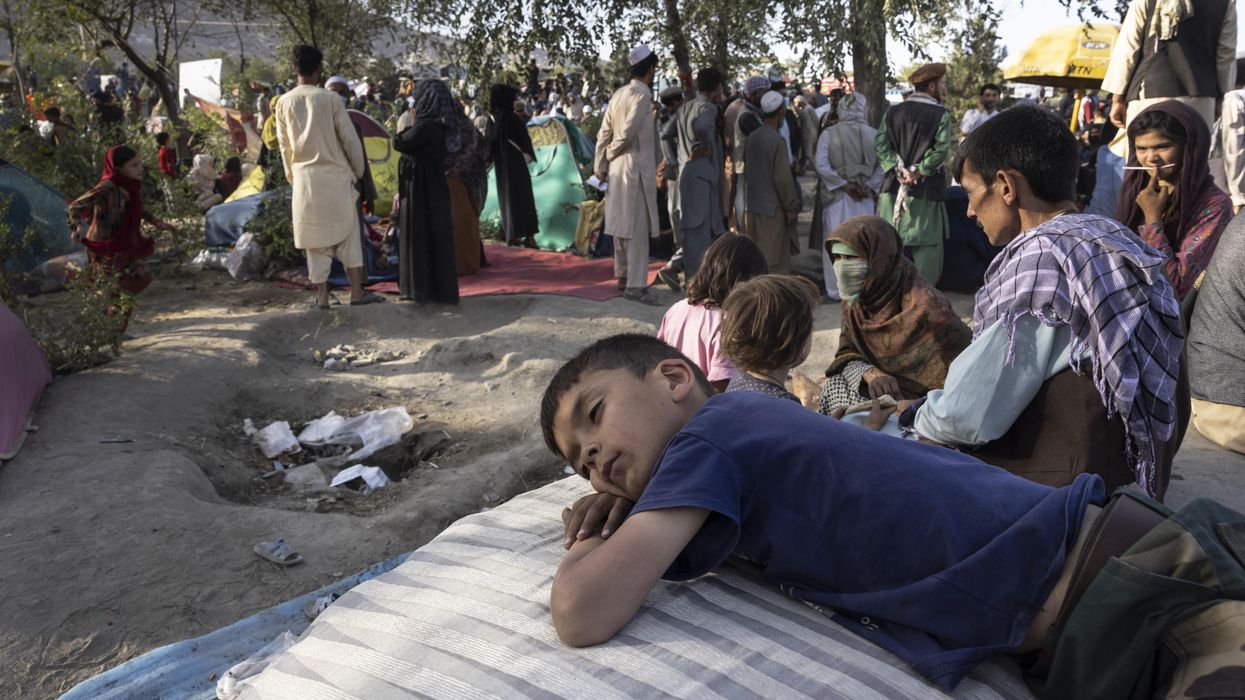The horrific scenes we have watched the past few days from Afghanistan are unbearable to watch. How did we get here? And what can we learn?
As we watch the unraveling of 20 years of work, hopes and dreams, what options do we have to help? For veterans or active duty service people or peacebuilders, it is especially difficult as they measure what they see against the sacrifices they have made. For regular Americans who wanted us out of Afghanistan, there are still mixed emotions.
Yet here we are, safe and sound in our homes, and as so often happens our national leaders move from empathy and caring to the political game of taking advantage of a situation; the blame game starts. In Afghanistan, there is enough blame to go around.
Along with the blame game is the usual oversimplification of an incredibly complex situation. That is what we do as Americans. We oversimplify. Our leaders reduce complex situations into easy-to-grasp catchy soundbites with binary choices that do nothing to solve the problem. Nothing.
On Monday, President Biden said: "I stand squarely behind my decision. After 20 years, I've learned the hard way that there was never a good time to withdraw U.S. forces." He admitted that his administration miscalculated and took responsibility by saying "the buck stops with me." Yet this will do little to change the nature of the ensuing political battle.
And who can blame the Republicans from taking advantage of the situation to paint Biden as weak and ill prepared when we all know that the Democrats are just as quick to take advantage of strategic errors by past and future Republican presidents.
This is the way our system works. Or doesn't work.
But a problem like Afghanistan is not black or white, good or bad, smart or dumb. Our nation's 20-year history in Afghanistan is complex, nuanced and contradictory. And how much easier is it for each of us individually and for us as a nation to turn to our conditioned use of binary choice-making. No critical thinking required. No questioning of the choices offered.
"The dualistic mind pulls everything down into some kind of tit-for-tat system of false choices and too-simple contraries," says Fr. Richard Rohr of the Center for Action and Contemplation.
The world we live in is more complex than ever. In the midst of multiple existential crises, we need to change the manner in which we solve problems and face the future. We need to handle complexity differently; not by dumbing down to binary choices, but by expanding our ability to think in nuance and accept paradoxes. We must have a holistic approach that investigates all factors that could lead to multiple outcomes; to see systems and to connect with others. To restore our humanity, we must wean ourselves of simplistic binary choices and avoid the blame game.
Ask yourself what are your choices to help the Afghan people? With whom do you have influence? While we are dealing with feelings of guilt, loss, shame, et al., people in Afghanistan are trying to survive. Our immediate focus should be on helping people, not devolving into the blame game of binary thinking.
As the Afghanistan crisis fades (and they all -- including Vietnam, Rwanda, Sudan, Yugoslavia et al -- fade with time), what are the lessons we learned? How can we respond differently next time?
What is the role of the United States in the world? If China were to take over Taiwan or Russia were to invade another country in the former Soviet bloc, what would we do? What are the national interests that will guide us in an increasingly hostile political world? How might we be better prepared to address the complexity of situations involving the U.S., inside the boundaries of other nations?
As civilians, we will not know the extent of the complexity the military and diplomatic corps are facing. We do not know the delicate negotiations that have taken place. The blame game further erodes our trust that the professionals are doing their job, the best they know how. The media is exacerbating our outrage and fear by feeding us images of suffering.
For average citizens there is nothing for us to do as individuals beyond expect more from our leaders. Our leaders must not demonize their political opponents at this moment. Bold leaders will grab this opportunity to take political risks and develop long-term solutions. This in turn will help define the United States' responsibility in the world for generations to come
We as citizens deserve better than tit-for-tat politics.



















Trump & Hegseth gave Mark Kelly a huge 2028 gift